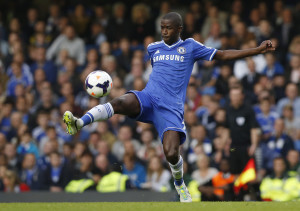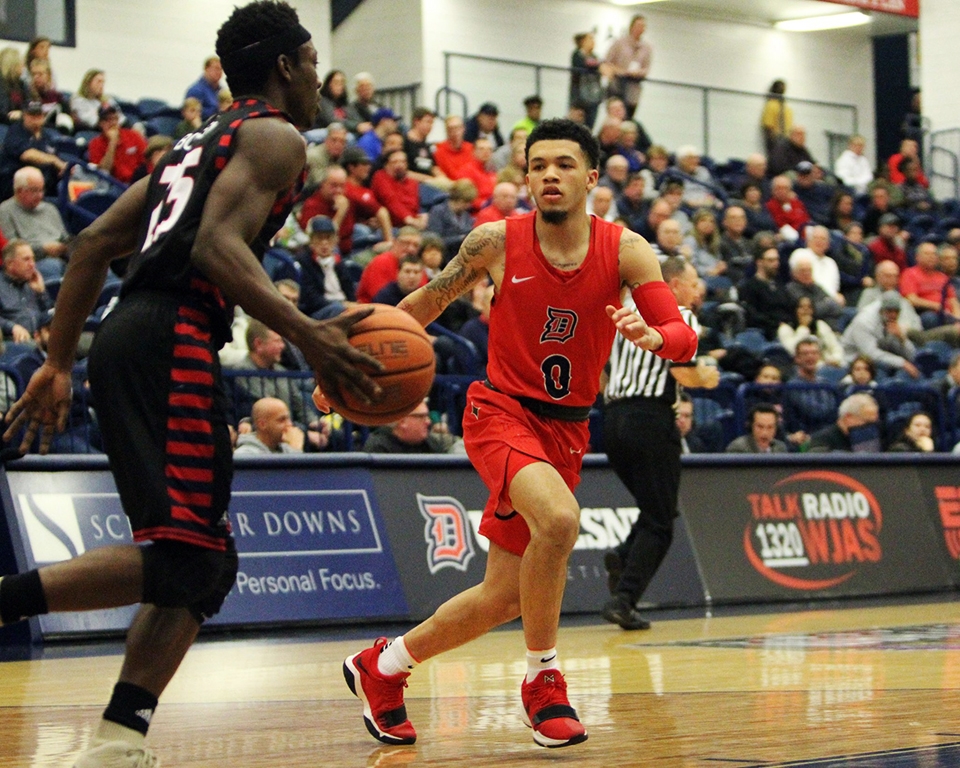

By Sam Noel | The Duquesne Duke
The landscape of professional soccer is undergoing a strange transformation. This past January transfer window has seen some players forgoing dreams and ambitions of winning league championships and following the money, instead.
Notably, former Chelsea midfielder, Ramires, 28, made the jump from the English superpower to Chinese side Jiangsu Suning FC for a reported $28.5 million fee.
Alex Teixiera, 26, who was linked to several top Premier League clubs this winter, followed Ramires to the same club for around $55.8 million.
Along with Ramires and Teixeira, former Inter Milan midfielder, Fredy Guarín, 29, ex-Tottenham Hotspur midfielder, Paulinho, 27, former Atlético Madrid forward, Jackson Martínez, 29, and ex-Arsenal and AS Roma winger, Gervinho, 28, have all made the jump from big European clubs to the Chinese Super League. Paris St. Germain and Argentina international, Ezequiel Lavezzi, 30, is also set to move to Shanghai Shenhua according to the French club’s manager, Laurent Blanc.
According to goal.com, China’s Super League has spent around 130 million euros (about $150 million) on new players, nearly 20 million more than the Premier League. The league’s transfer record was broken three times in 10 days.
Casual soccer fans may be asking, “How is this all happening?” There are a few factors contributing to this shift.
The most obvious reason is money. Chinese clubs have clearly shown they are willing to pay large sums to bring in the best players from around the world. Just as China is a leading manufacturer in the world’s economy, it seems they’re trying to implement the same formula for success to their soccer industry.
These players traveling to China are perhaps valuing money over success, and you can’t blame them. Many of them grew up in poverty, and the idea of wealth was nothing but a dream. With the opportunity for money and comfortability for their families, the offers were too good to turn down, and understandably so, in my opinion.
Another factor for these moves is the Chinese president, Xi Jinping, and his love for the sport. Xi grew up a fan of the sport, and it’s supposedly his dream for China to host and to one day win the World Cup. In order for this to be possible, soccer must gain popularity among youth in China. He has mentioned former Chinese politician, Deng Xianping, and his remarks regarding the importance of youth soccer development in many of his speeches.
China has also passed one of Xi’s proposed plans to reform and organize the sport in February 2015. It’s clear soccer plays a huge role in his life as he dreams for China to be the sport’s next world power.
While it may not be an immediate shift, the Chinese Super League’s involvement in the transfer market is hinting at an uncertain future. Whether this business will be good for the sport is yet to be determined.
But the real issue here is how these top-class players value money over ambition. Like I said before, I understand these guys wanting more money after an impoverished childhood, but fans love players who play soccer because it’s the beautiful game, not for the salary. We’ve seen in the past big name players snub their boyhood clubs for a better chance for trophies, but if China’s influence on the sport grows, we could see more players playing for the money and not the silverware, something that fans hate to see.




